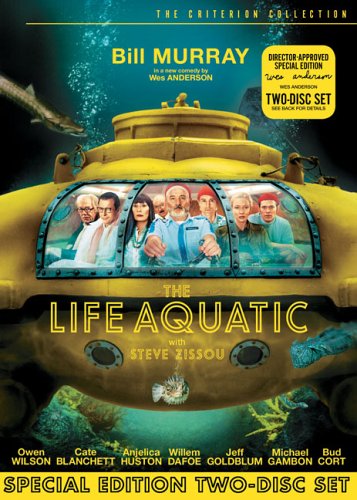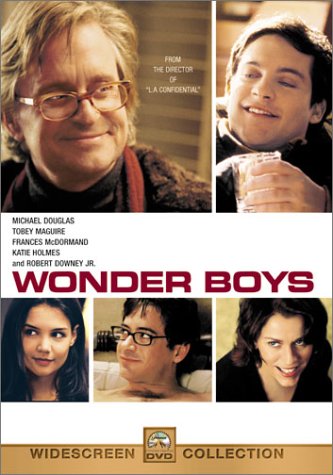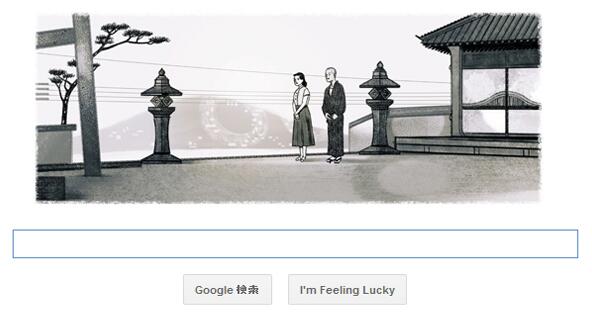Electric Shadow #2 finds Matt Zoller Seitz, Merlin Mann, David Loehr and I discussing the substance and style of Wes Anderson's films, particularly Fantastic Mr. Fox. This week's interview is with The Criterion Collection's Susan Arosteguy, producer of all Criterion special editions of Wes Anderson's films (the full, uncut interview is available as Screen Time #55). There's a Test Pattern with some deleted material, if you're into that.
Subscribe to the Electric Shadow Channel (iTunes/RSS) to get Electric Shadow, Screen Time interviews, and related Test Patterns all in the same feed. If you really want to put on your Bandit Hat, you could subscribe to the ESN Master Feed (iTunes/RSS).
Nearly all of Anderson's ouvre is available on DVD and (minus Zissou) Blu-ray from The Criterion Collection: Bottle Rocket, Rushmore, The Royal Tenenbaums, The Life Aquatic with Steve Zissou, The Darjeeling Limited, and (as of tomorrow, 18 February 2014) Fantastic Mr. Fox.
Moonrise Kingdom will get there eventually, and The Grand Budapest Hotel isn't yet in cinemas. Patience.
































